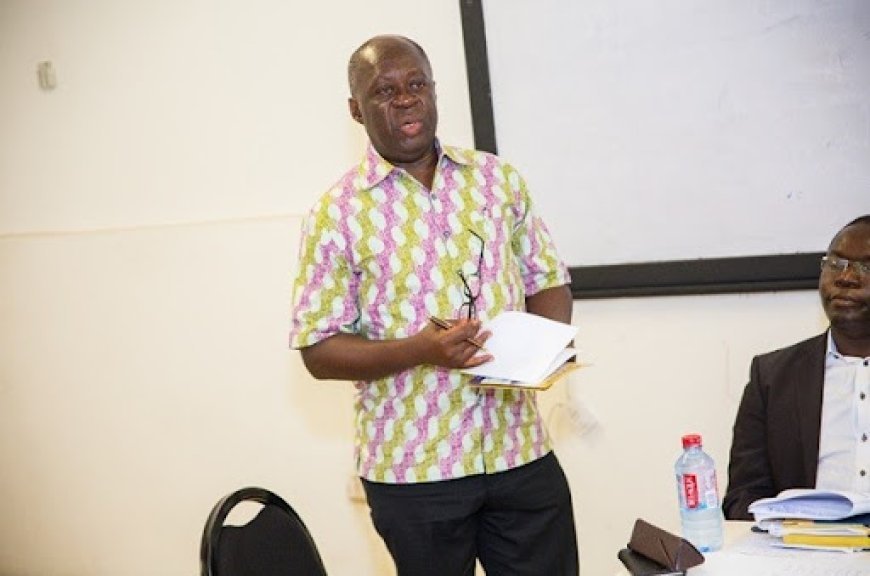People should test before treating malaria, Prof. Ansah Koram says

Professor Kwadwo Ansah Koram, a specialist in malaria research, has recommended that individuals get tested for malaria before beginning treatment. He claimed that some people were treating malaria without first getting tested, despite the fact that the present national policy on the disease advises testing before treatment.
According to Prof. Koram, such a practice would be detrimental to the country's efforts to eradicate malaria. At NMIMR's fourth lecture, which is a part of the institute's 45th anniversary celebration, the expert—a former director of the Noguchi Memorial Institute for Medical Research (NMIMR)—gave the following advice at the fourth lecture of NMIMR, which forms part of the institute’s 45th anniversary celebration on the titled :“45 years of impactful research for sustainable global health”.
Also Read: Tarzan actor Ron Ely passes away at age 86
He was speaking on In addition, Prof. Koram is an epidemiologist with almost thirty years of experience in public health and malaria epidemiology research. During this time, she established programs for monitoring therapeutic efficacy and drug resistance, as well as conducted trials of new malaria interventions. These studies continue to support the nation's drug treatment policy.
Importance
Prof. Koram added that healthcare professionals were better able to understand what they were treating when they conducted tests prior to treatment.
The topic was: “Malaria research and impact in Ghana.”“In fact, it's test, treat and track. So after treatment, we also check whether we have been able to clear the parasite. And if the parasite is not gone, why is it not gone?”

“Basically, that's what the elimination programme now is recommending,” he said.The expert listed the usage of bed nets, new medications, and spraying as areas where the nation was making progress in eliminating malaria.
According to him, one of the nation's greatest health issues and a significant global public health concern is malaria.
Getting rid of malaria
Prof. Koram recommended that individuals lessen the mosquito breeding grounds near their homes as a way to eradicate malaria.
He also encouraged young scholars to conduct more research on malaria because there were many topics they could look at, like mosquito behavior.
The specialist reviewed the past and present work of others as well as the history of malaria research at the NMIMR.

The contribution of NMIMR
Professor Michael Ofori, the interim director of NMIMR, stated that the institute has conducted extensive research on malaria since its founding and that it would be impossible to write about the control, eradication, and management of malaria in Ghana without mentioning the institute.
He stated that a symposium and panel discussion are among the additional events planned for the anniversary celebration.The Japanese government established the semi-autonomous institute in 1979 in remembrance of Dr. Hideyo Noguchi, a renowned Japanese researcher who studied yellow fever in Ghana before passing away from the illness there in 1928.
At the moment, it is the nation's top biomedical research facility. “Meanwhile, there is a total ban on all persons in Sampa Township in Jaman North District of the Bono Region from carrying arms, ammunition, or any offensive weapons. Any person found with any arms or ammunition will be arrested and prosecuted,” the statement said.





